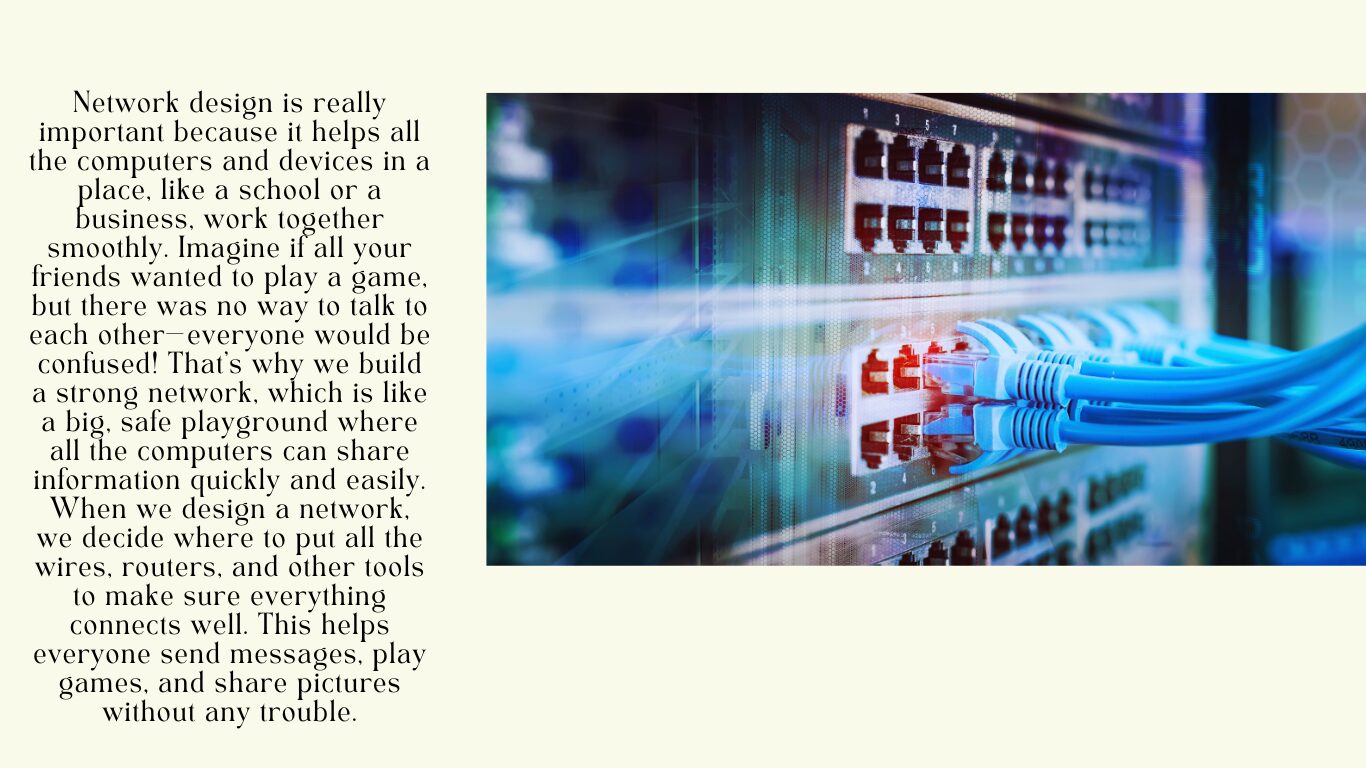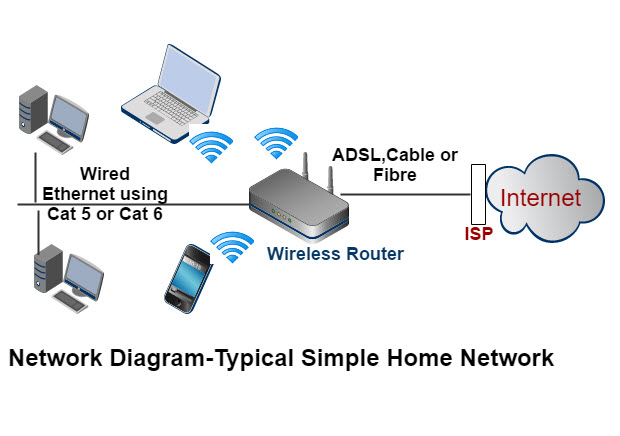
Types of Business Networks
There are several types of networks that small businesses can use to stay connected:
- Local Area Network (LAN): This connects computers within a single building, such as an office, allowing employees to share printers, files, and other resources.
- Wide Area Network (WAN): A WAN connects computers in different locations, such as offices in separate cities, providing an efficient way to share data across distances.
- Wireless Network (Wi-Fi): Wi-Fi allows devices like laptops and phones to access the internet without cables, which is convenient for mobile devices and flexible office setups.
Each of these networks is crucial in helping small businesses communicate, work efficiently, and stay productive.

Common Network Issues for Small Businesses

Small businesses often face challenges with their networks. Slow internet speeds can make it difficult for employees to load websites, send emails, or access cloud-based systems. There may also be issues with printer connectivity, leading to frustrating delays. Additionally, poor network setup can result in lost information, where computers fail to communicate properly. Finally, without proper security measures, networks become vulnerable to cyberattacks, which can compromise sensitive data.
How SC Solutions Can Help
At SC Solutions, we specialize in network design for small businesses. Our team can assess your current network setup and identify potential problems you may not be aware of. We’ll optimize your system for speed, reliability, and security. Whether it’s fixing tangled cables or configuring routers, we’ll make sure your network is performing at its best.
By choosing SC Solutions, your business will experience fewer disruptions, faster loading times, and a secure, reliable network that you can count on. Network design for small businesses is our focus, and we’re here to help your company run more efficiently.

